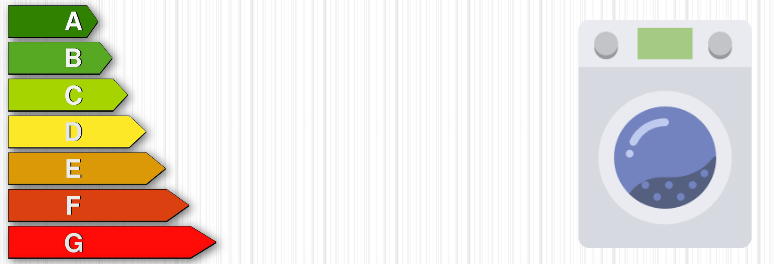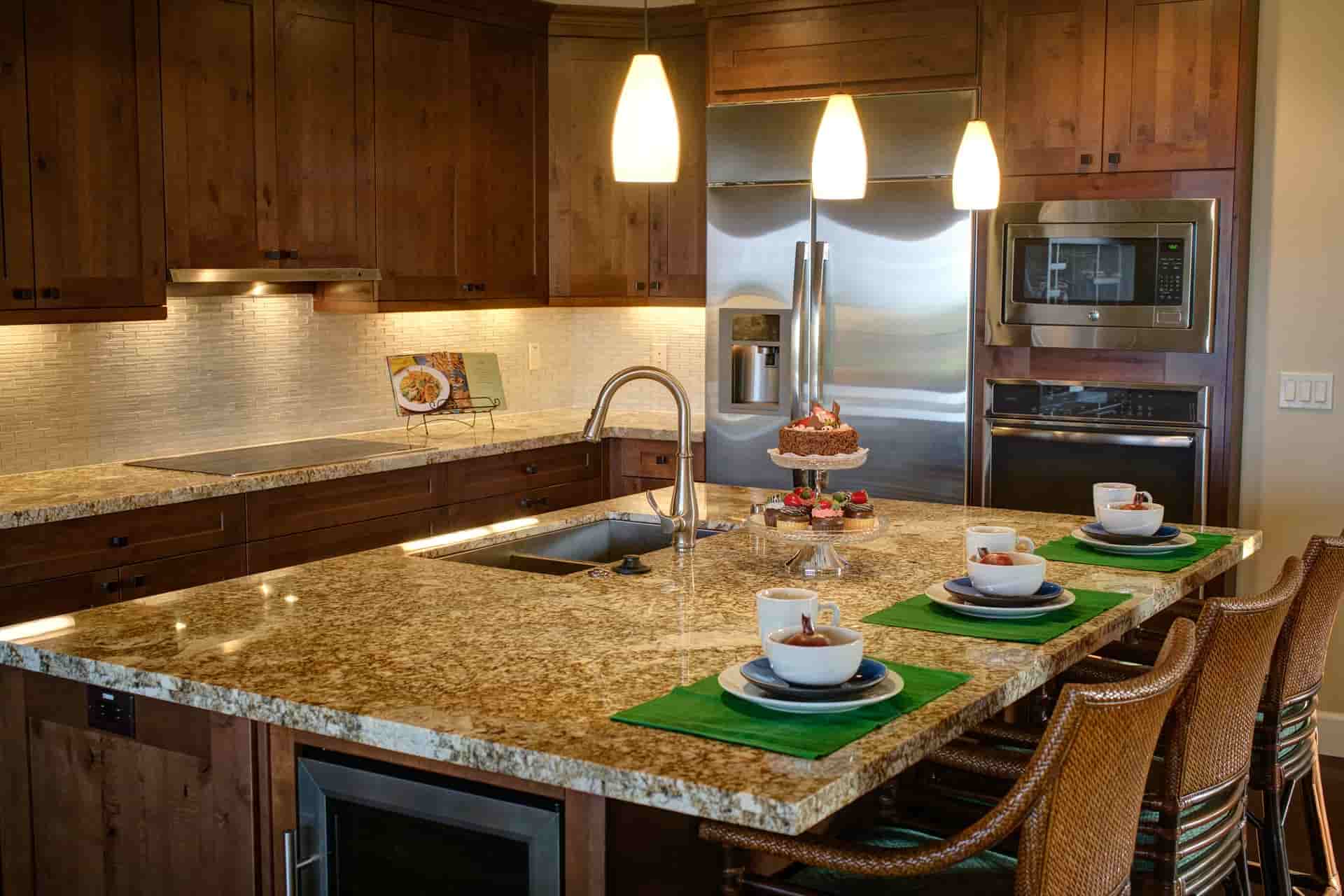
If you’re not aware, the kitchen can be a real energy water. Going green in the kitchen will not only help you to be more environmentally conscious, but it will also help you to become more energy efficient, thus reducing your utility bills. Here are a few simple habits to help you save energy (And money!) in the kitchen:
Be Smart With Your Cooking
- Match the size of your pan to the size of the coil – in particular with electric hobs, because if you put a smaller pan on a large coil, you are wasting 30-40% of the electricity needed. If the pot is too small for the coils, a lot of energy is released into the house which will need to be offset by an air conditioner or fans.
- Place the lids on top of your pots and pans whilst they are cooking so that less heat escapes. Covering the pots will also help the food to boil quicker, or boil the water in a kettle and use that in the pot to save time and energy.
- Use less water – When cooking vegetables too much water will take longer to boil and thus slow down the cooking process.
- Keep the hob clean – Spilled food can absorb some of the heat, and cause the electric ring to become inefficient.
- Pick your pans wisely – Copper pans absorb heat much faster than cast-iron and stainless steel pans, so choosing copper will save you on your energy bills.

- Use a pressure cooker – Pressure cookers will cook beans, pulses, and lentils really quickly. You can also use them for cooking meat and making stews.
- Use a steamer for vegetables – By doing this you can cook vegetables on top of the main layer of your pan, which means you can cook two lots of food at once.
- Turn down the heat – Once your food is boiled, reducing the heat to a simmering level is more energy efficient.
Save Energy When You Use the Oven
- Clean the oven door – If you have placed the food in the oven and just want to check on how it is cooking, then all you really need to do is look through the oven door. Opening it whilst it is on means that a lot of heat escapes, thus wasting a lot of energy. Taking advantage of the oven light is another alternative measure to avoid opening the oven door and a good energy saver.
- Cook bigger batches of food – By cooking more food in one go, you make the most of the heat being released in the oven and have leftovers which can be frozen and eaten at a later date.
- Defrost food – Cooking from frozen takes a lot longer than cooking from room temperature so defrosting in advance will reduce the cooking time needed.
- Always preheat the oven – Be sure to preheat the oven before you cook so that you don’t waste energy.
- Let the food finish cooking itself – Turn the oven off ten minutes before the end cooking time, as the remaining heat in the oven will help to finish the job.
- Choose fan-assisted over static cooking – By setting your oven to fan-assisted will save on energy costs, as you can set a much lower temperature for your oven.
- Use ceramic or glass when cooking – These materials do not need very high temperatures for cooking, so they will work with your oven for maximum efficiency.
Energy Saving Tips in the Kitchen was last modified: September 29th, 2023 by
5th April 2018
Categories:




